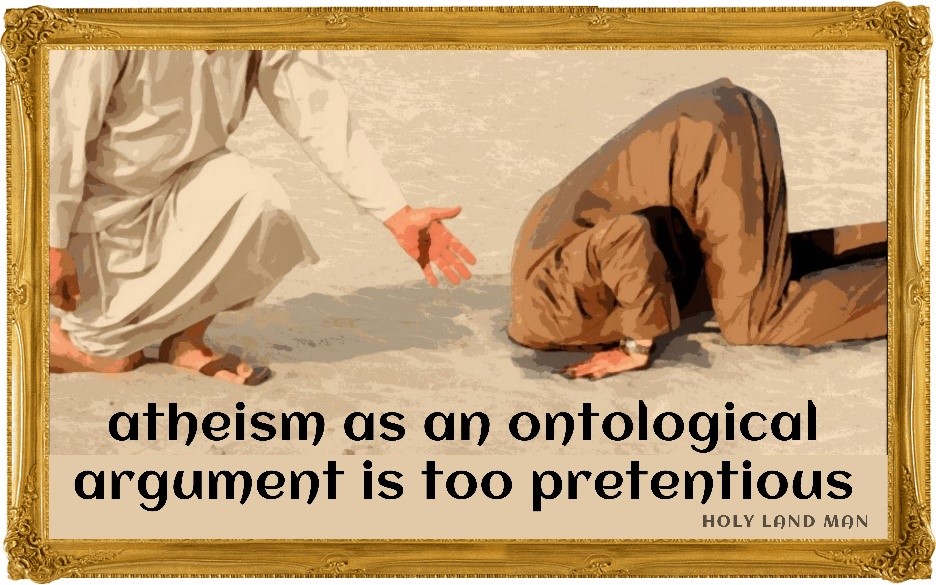Accordingly, atheism as an ontological claim is too pretentious and excessive to take seriously, and no person with a little humility, or knowledge of philosophy, would make such a claim. Even Richard Dawkins, one of the greatest atheist thinkers, is careful to emphasize that in his opinion “there is probably no GOD.” Note that he does not claim that there certainly is not. As a scientist, he knew there is a limit to what can be said about reality.
Do the above claims work in the other direction as well?
Does anyone claiming with certainty that “there is a GOD“ commit a fatal logical error? The answer is no. To know with certainty that there is no GOD, one must scan all the dimensions of reality, and prove that GOD is not in any of them. But to know for sure that there is a GOD, all it takes is to find one proof of GOD’s existence. This can be a logical proof, or an empirical proof through his revelation or anything like an encounter with Him.
At this point, it is not necessary to examine the question of whether there is indeed such proof; what is important is that, theoretically, GOD can be proved to exist, even without the theoretical possibility of proving that he does not exist.
Therefore, anyone claiming with certainty that GOD does not exist is necessarily in error, while anyone claiming with certainty that GOD does exist may theoretically have a justification for that claim. If we compare the question of the existence of GOD to that of the existence of aliens, we find a similar analogy in that no one can prove that aliens actually do not exist.



